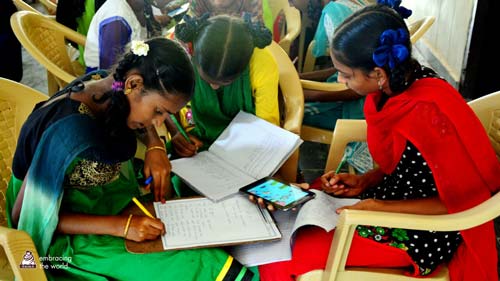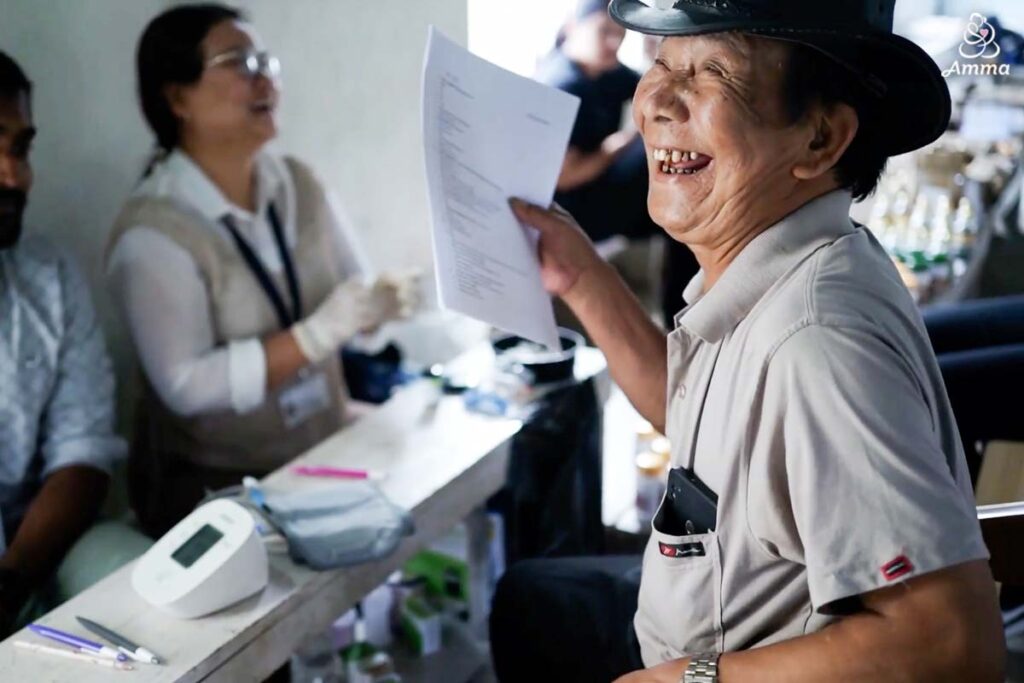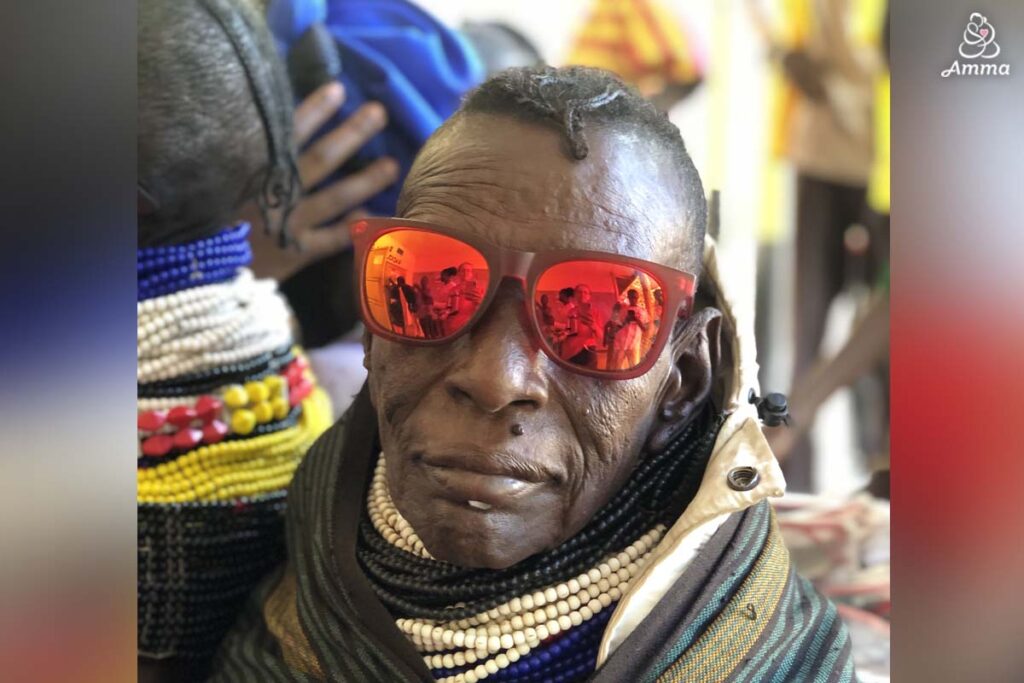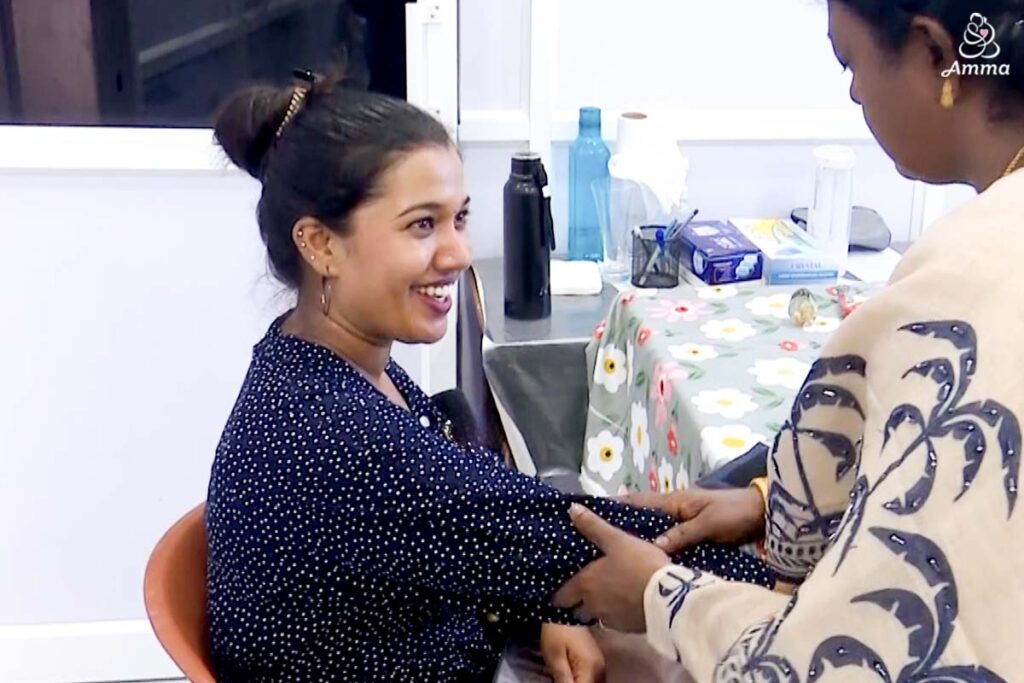In response to a globalizing world that requires increasingly high technological literacy, our own Amrita University, in collaboration with the Indian government, has announced a new pilot program that aims to provide quality computational education to rural children in India. In four village schools across the state of Andhra Pradesh, hundreds of students grade 8 to 10 are participating in workshops that range from robotics to basic life skills.
Dr. Venkat Rangan, Vice Chancellor of Amrita University, explains: “We intend to create enthusiasm among school students about science and technology by making it engaging and fun through digital learning.” Since rural locations have limited connectivity, we are working to provide free software and support to these schools as well as 22 others.
“It is very critical to add relevant skills to the schools’ curriculum such as computational thinking, robotics skills and maker skills and that is the value that Amrita is bringing to India’s Model Schools approach,” says Akshay Nagarajan the on-site coordinator of the new program.
“The peer-to-peer interaction going on at these workshops may be the key to successful initiatives in education,” says Dr. Sidney Strauss, former Chief Scientist of the Israeli Ministry of Education. Dr. Strauss is working with our volunteers and researchers to design and implement a model that incorporates peer-to-peer interactions into the workshops.
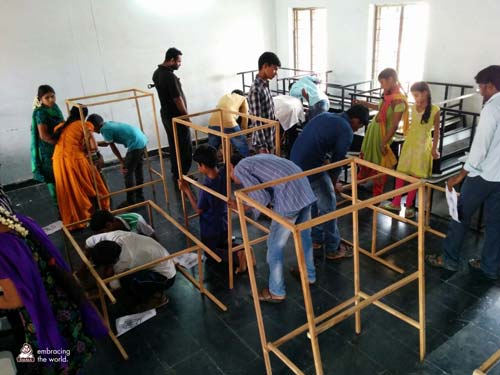
The young participants are gaining unique skills and experiences. For example, our volunteers have set up a cardboard headset that, paired with a smartphone, allows rural students to peek into the world of Virtual Reality.
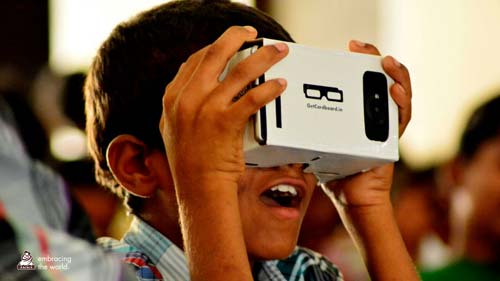
To balance the technical education, our volunteers are also offering a variety of life skill centered workshops. Amrita University’s AMMACHI Labs’ Life Enrichment Education program emphasizes the importance of open dialogue about social issues such as hygiene, smoking, alcoholism, and domestic violence.
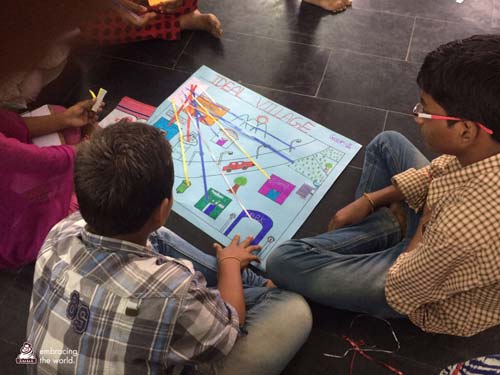
Our volunteers are hopeful that, as the program expands and develops, more students across rural Andhra Pradesh, especially young female students who are often at a disadvantage educationally, will thrive with the access to high quality education, creative methodologies of learning, and innovative computational training.


